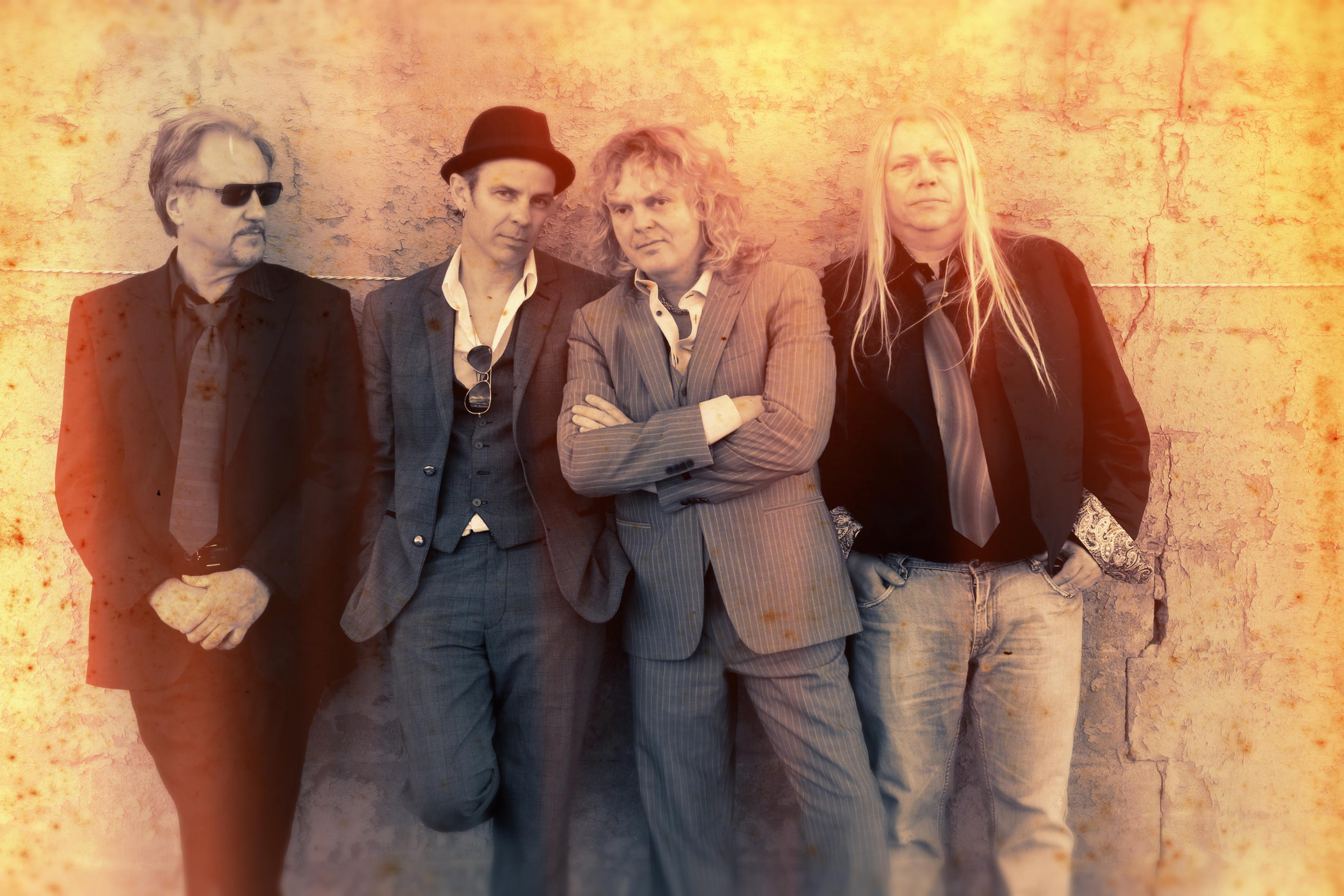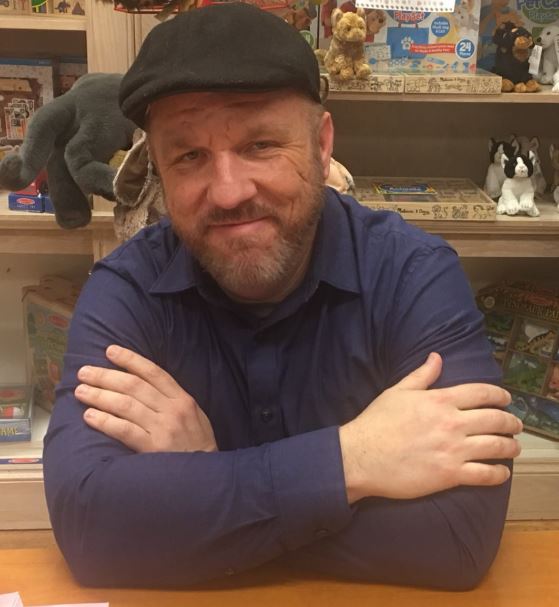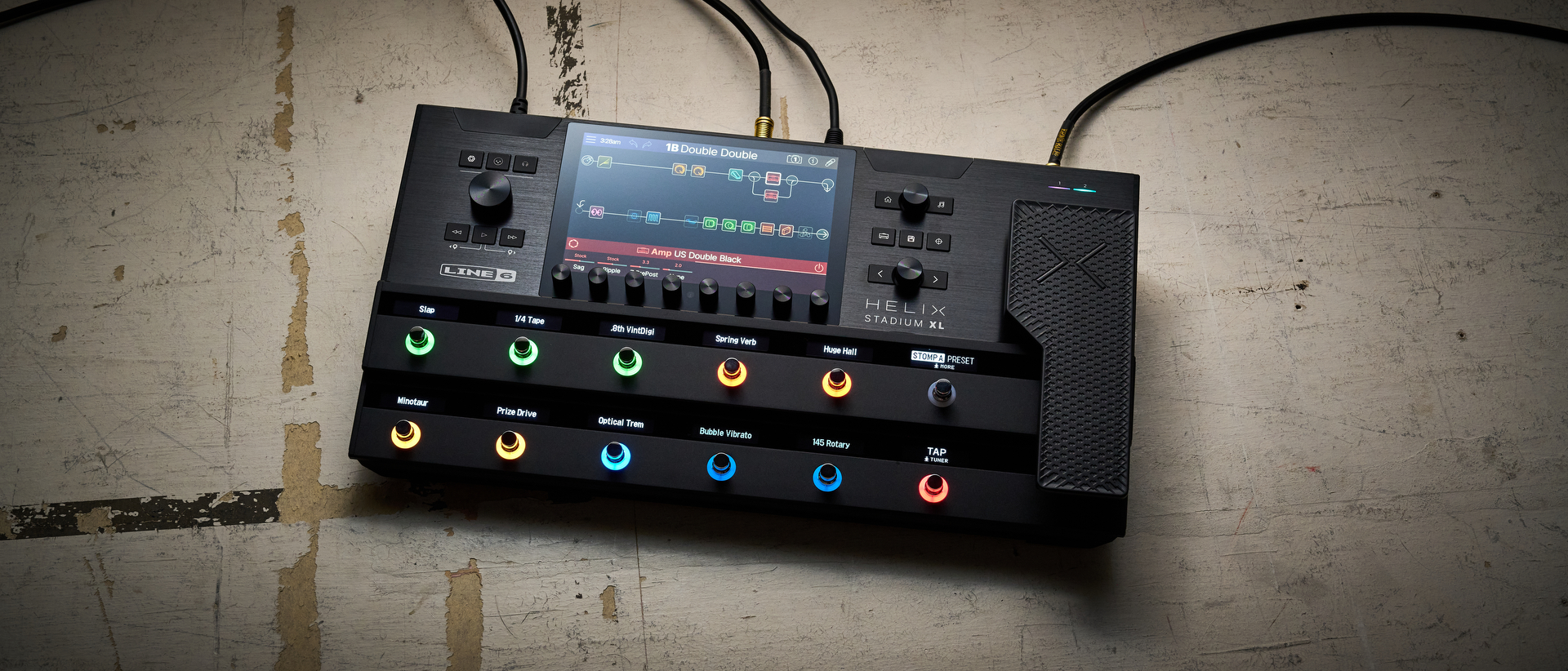Coney Hatch: Carl Dixon and Steve Shelski Discuss New Album, 'Four'

"It wasn't like we were at war," Coney Hatch singer/guitarist Carl Dixon says when asked why there hasn't been a reunion or new album in almost 30 years.
"We all had just gone off in other directions and were committed to the new projects we had taken on."
Dixon was the singer for the Guess Who in 2008 when he was involved in a devastating car crash that left him physically unable to perform. It was then that Dixon's loyal friend (and Coney Hatch bassist) Andy Curran organized a fundraising event in Toronto to help Dixon's family through that tough time.
Joined by guitarist Steve Shelski and original drummer Dave Ketchum, it would be the first time the four original members of Coney Hatch were in the same room together in years. Although the band didn't play together that night, the event gave them a new-found sense of purpose.
Over the next few years, the reunited Coney Hatch would perform several shows, including one at Firefest in 2011.
The band's first trip to the UK would become a career-defining moment and also give them the opportunity to record a new collection of songs. The resulting album, Four, is a good representation of the tough, punchy, rock and roll sound Coney Hatch is known for, combined with an off-the-cuff, more relaxed, natural feel.
I spoke with Dixon (now fully recovered) and Shelski about the new Coney Hatch album as well as their gear and first big-time tour.
All the latest guitar news, interviews, lessons, reviews, deals and more, direct to your inbox!
GUITAR WORLD: How would you describe the sound of Four?
Shelski: It's a little edgier than our last few records. We wanted to keep the original sound of the band but also add some of the influences we've had over the years to represent where we've all grown as individuals.
Dixon: The real secret to the great sound of the album is that Dave Ketchum [drums] still plays like a powerhouse. If you have a solid foundation, you can build a pretty good-looking house on top of it.
Let's discuss a few tracks from Four, starting with "Blown Away."
Dixon: When we were organizing the album, Andy [Curran] had given me a CD with some ideas he had. I would sit and listen to his ideas and write down my thoughts on a notepad. When I heard that one, I remember writing down "Blown Away." It just made me think of that phrase. From there, I made the chorus melody and decided to tell the story about a very wicked girl [laughs]. The lyrics flowed from that idea.
"Down and Dirty"
Dixon: I had that guitar idea for quite a while. It was a bit more complicated and intricate at first, but Andy made a few suggestions to help simplify things and then the band pounded it down.
"Boys Club"
Dixon: That was another idea that Andy had. He wrote the words and sang it based on having been in private school with a bunch of rich kids. He wasn't rich, but what he observed there was a lot of entitlement. Like people getting brought into their daddy's exclusive clubs when they were only in their teens.
Tell me how both you got your start in music.
Shelski: I originally started out on piano, but then remember hearing Alvin Lee [Ten Years After] perform "I'm Going Home" on the Woodstock record. That's what inspired me to want to become a guitar player. When I was 17, I decided I wanted to play jazz, and for the next three years went off to college to study. Then one day I started wondering what it would be like to play in a rock band. I answered an ad in the paper for a band [that would eventually become Coney Hatch] and it was the start of my rock career.
Dixon: I also started on piano, but by the time I was 10 I realized my piano lessons had no relationship to the cool rock music I was hearing on the radio, so I made the switch to guitar. I took a break for a few years to play drums, but when I was 15 I was asked to be in a band with some older guys who needed someone who could play guitar and sing. I told them I could still play guitar, so I rushed home to brush up on Led Zeppelin and Jethro Tull, practicing the solos note for note.
What's your current gear setup like?
Dixon: My main war horse is a '77 Strat. Kim Mitchell [from the band Max Webster] produced our first album and was the one who sold it to me. It's been my main instrument since 1981 and has seen many miles.
Shelski: I've always gone with a simple approach and don't use many pedals. Just an Echoplex and a wah-wah running straight through a Marshall.
What was your first big-time tour like?
Dixon: The first major tour we did was with Judas Priest on their Screaming for Vengeance tour. For us, it was like going to university. A compressed course on how to conduct yourself at a high level when you're in a rock band. We learned a lot about how to pitch the show at a professional, consistent level.
Shelski: To see these guys who were so professional and so accomplished was amazing. It went from listening to Wes Montgomery and trying to figure out whether I should use a pick or my thumb, to being on stage in front of 22,000 people with Judas Priest [laughs]. It was a pretty remarkable experience.
For more about Coney Hatch, visit their official website and Facebook page.
James Wood is a writer, musician and self-proclaimed metalhead who maintains his own website, GoJimmyGo.net. His articles and interviews are written on a variety of topics with passion and humor. You can follow him on Twitter @JimEWood.
James is a guitarist and freelance writer who's interviewed some of the biggest names in music. He is the author of four books and his writing credits include work for Guitar World, AXS and Yahoo! as well as for his hometown newspaper where he writes on a variety of topics with both passion and humor. As a guitarist, he's performed everywhere from local bars and nightclubs to some of the biggest stages in front of thousands of music fans.

